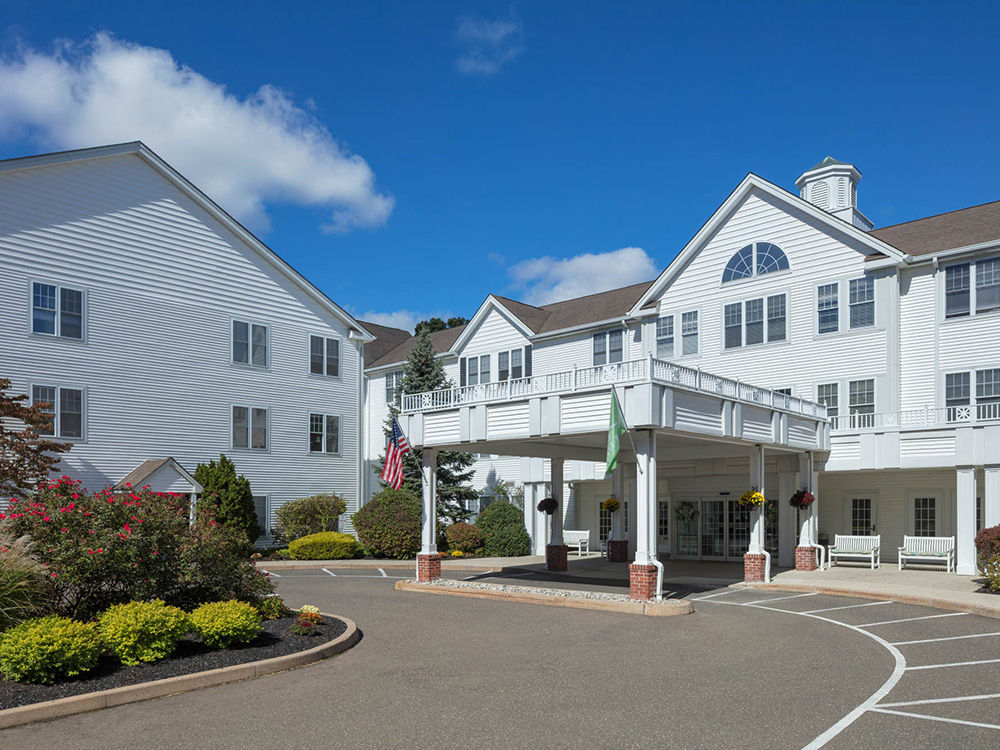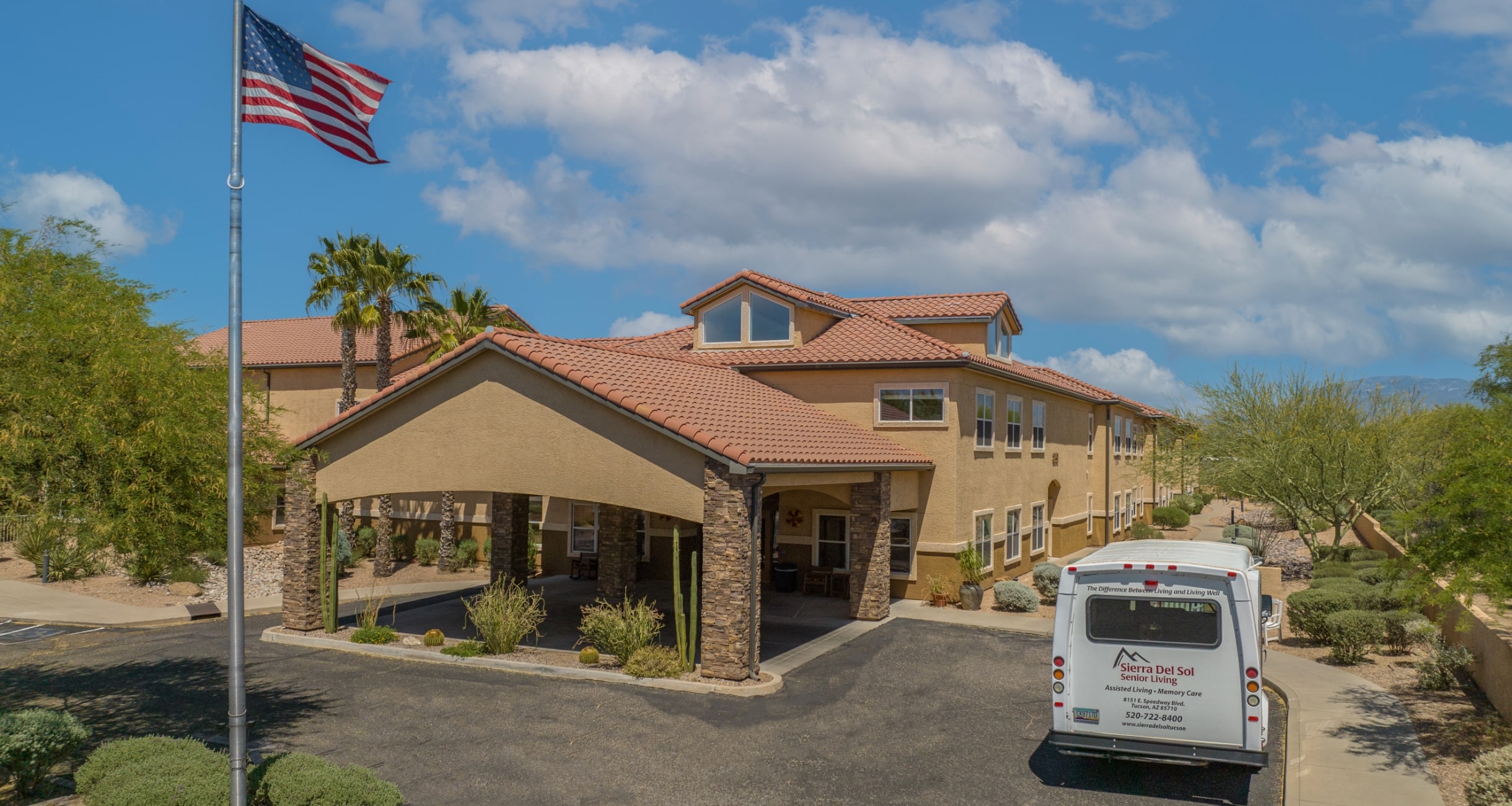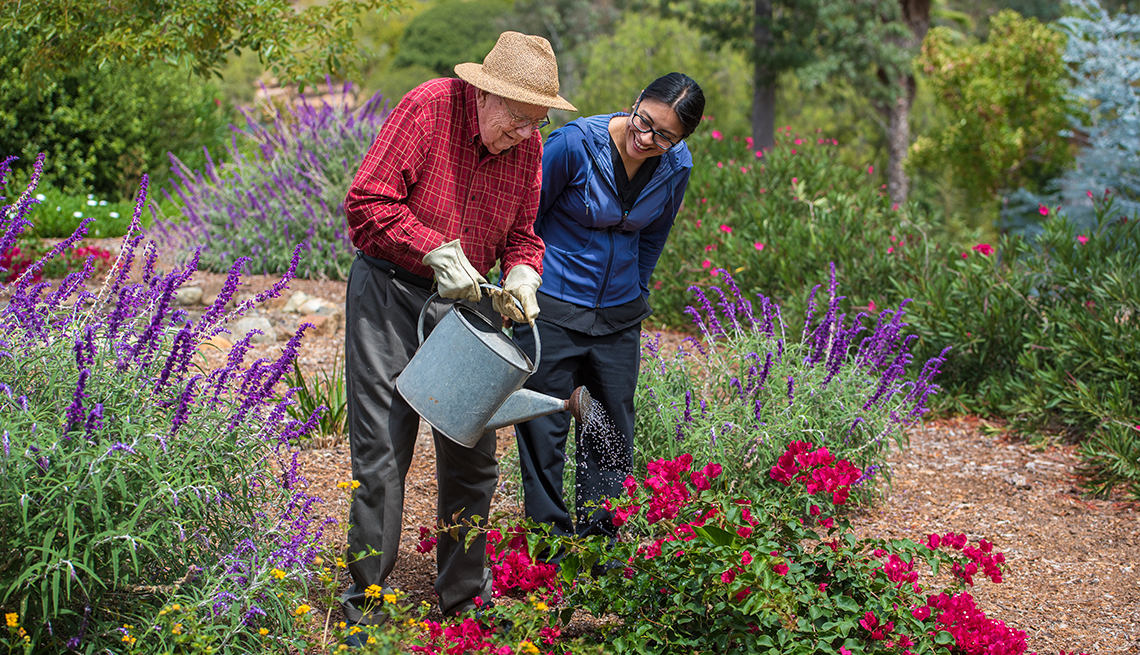Sanctuary Senior: Where Compassion Meets Experience in Senior Citizen Treatment
Wiki Article
Creating a Safe and Helpful Atmosphere: Memory Care Methods for Senior Living
Developing a Safe and Helpful Environment: Memory Treatment Techniques for Elderly Living is an extensive overview that uses useful understandings and practical approaches for boosting the top quality of life for individuals with memory disability. The book discovers various elements of memory treatment, consisting of recognizing memory disability, creating a dementia-friendly environment, carrying out safety procedures, promoting engagement and socialization, and supplying specialized care and assistance.Recognizing Memory Problems

The root causes of memory disability can be varied. In some instances, it might be an outcome of all-natural aging procedures, where the mind's ability to process and store details gradually declines. Various other causes consist of neurodegenerative illness such as Alzheimer's and dementia, distressing brain injuries, strokes, and certain clinical problems or medicines.
Understanding memory disability is critical for developing efficient methods to support people with this condition. It is necessary to acknowledge that memory problems does not entirely impact memory itself however also influences various other cognitive features such as interest, analytic, and decision-making. Memory disability can have emotional and emotional effects, leading to feelings of isolation, aggravation, and confusion.
In order to supply suitable treatment and support for individuals with memory disability, it is vital to create a risk-free and encouraging atmosphere that promotes self-reliance, involves cognitive capabilities, and minimizes stress and anxiousness. By recognizing the nature and reasons for memory impairment, caretakers, health care professionals, and family members can develop tailored approaches to enhance memory function, boost high quality of life, and keep a feeling of self-respect and autonomy for those affected.
Designing a Dementia-Friendly Environment
Creating a dementia-friendly setting involves applying specific modifications and adaptations to make sure the safety, comfort, and health of individuals with memory problems. Straightforward adjustments, such as clear signage and color-coded pathways, can assist locals browse their environments separately and decrease the danger of getting lost.One more crucial element of a dementia-friendly environment is integrating memory aids and signs. Visual triggers, such as memory boxes or familiar items, can activate positive memories and aid individuals get in touch with their past. Showing photographs or individual mementos can also serve as discussion starters and urge social communication amongst locals.

Implementing Safety Steps
To ensure the well-being of locals with memory impairment, senior living neighborhoods should focus on the application of reliable safety and security actions. Memory care devices ought to be outfitted with various security features to decrease the threat of accidents and supply a protected environment for citizens. One essential precaution is the installation of hand rails and get bars in corridors, washrooms, and various other locations prone to drops. These assistive tools can aid residents preserve their balance and reduce the likelihood of injuries. Additionally, non-slip floor covering should be utilized throughout the facility to avoid slides and drops.One more vital precaution is the execution of a safe entrance system. This can consist of functions such as keyless entry, protection cams, and alarm systems to avoid unauthorized gain access to and ensure that locals do not roam off (sanctuary senior). Doors and window locks need to likewise be in place to stop locals from leaving the premises important site without supervision
In addition, it is vital to have a well-trained staff who recognize the distinct requirements of individuals with memory disability. Team member must receive training in dementia treatment and be experienced concerning the procedures for managing emergencies and preventing mishaps. Routine safety and security drills and assessments must be carried out to identify potential hazards and resolve them quickly.
Encouraging Involvement and Socializing
Senior living neighborhoods can enhance homeowners' health and top quality of life by promoting engagement and socialization possibilities. Advertising involvement and socializing is vital in memory treatment techniques as it can assist boost cognitive function, psychological health, and general joy for seniors with memory problems.One effective method to promote interaction and socializing is with structured activities. These activities need to be customized to the locals' abilities and rate of interests, guaranteeing they are engaging and satisfying. Group tasks such as art classes, songs treatment sessions, and team trips can give possibilities for social interaction and develop a feeling of belonging within the neighborhood.
Along Recommended Site with structured tasks, it is essential to develop spaces that urge socializing. Typical areas need to be inviting and comfortable, giving possibilities for locals to involve and gather in discussions. Exterior areas, such as courtyards or gardens, can also be developed to promote socialization and provide a soothing setting for locals to attach with nature and each other.

Providing Specialized Care and Support
One crucial aspect of memory care strategies for elderly living is the arrangement of specialized treatment and support that addresses the distinct demands of people with memory problems. Memory disabilities, such as those related to Alzheimer's disease or mental deterioration, can have a substantial impact on an individual's capacity to accomplish everyday tasks and preserve their general health. It is critical for senior living centers to have staff members who are educated in providing specialized care for homeowners with memory impairments.
Specialized care and support for individuals with memory problems focus on developing a secure and encouraging environment that promotes their dignity, self-reliance, and lifestyle. This consists of executing organized routines, creating memory-friendly areas, and utilizing memory aids, such as visual signs or suggestions. Additionally, personnel ought to have a deep understanding of the person's individual background, preferences, and capacities to provide person-centered care.
In addition, specialized care also includes giving psychological and social support to people with memory disabilities. This includes engaging them in significant tasks, promoting social communications, and providing healing programs customized to their cognitive capabilities. By supplying specialized care and assistance, elderly living centers can enhance the general health and lifestyle for residents with memory problems, allowing them to deal with dignity and function.
Final Thought
In final thought, developing a secure and supportive atmosphere for senior citizens with memory disability requires recognizing their requirements, developing a dementia-friendly room, implementing precaution, advertising engagement and socialization, and supplying specific treatment and assistance. By using these methods, elderly living neighborhoods can improve the lifestyle for individuals with memory impairments and guarantee their wellness.Creating a Safe and Encouraging Environment: Memory Treatment Approaches for Elderly Living is a comprehensive overview that offers important insights and useful methods for enhancing the quality of life for people with memory impairment. The publication discovers different elements of memory care, including understanding memory impairment, creating a dementia-friendly atmosphere, executing safety procedures, promoting involvement and socialization, and offering specialized treatment and support. Memory disability can manifest in different forms, varying from mild forgetfulness to severe memory loss that significantly impacts daily functioning.
It is crucial to acknowledge that memory disability does not entirely affect memory itself but additionally effects various other cognitive features such as interest, analytic, and decision-making.One necessary element of memory care techniques for elderly living is the provision of specialized treatment and assistance that deals with the special needs of people with memory disabilities.
Report this wiki page